Yes, exactly this
jet
If someone has already said what I was going to say, I upvote and don't comment.
Sittwe residents are prevented from leaving the city by both road and water by the regime, which has been preparing defensive bunkers in over 20 villages around Sittwe since last year.
They are using the people as human shields...
In Malaysia it's about $300/month for a live in maid (plus food).
https://grapheneos.org/usage#sandboxed-google-play-configuration
If your having unsatisfying location, go through this guide to turn on Google everything for location.
You will need to grant "Allow all the time" Location access to Google Play services along with the Nearby Devices permission for it to have all the access it needs. You need to use the "Google Location Accuracy" link from the sandboxed Google Play configuration menu to access the Google Play services menu for opting into their network location service, otherwise this is all pointless
A man with one clock knows what time it is with certainty. A man with two clocks is never sure
Suddenly I feel compelled to build a flight sim rig
One compelling theory I've seen for why children learn languages so absolutely quickly, is there in a completely positive environment, where every single person around them encourages them to learn, and any mistakes are seen as cute and meet with more encouraging. There is no shame in a child's language acquisition.
Adults... Have more roadblocks :)
Glad your getting out there!
Sure. Anyway, I'm not a fan of alcohol, but it has enough bad things we can prove it does, no reason to use weaker evidence to try to make it more dangerous
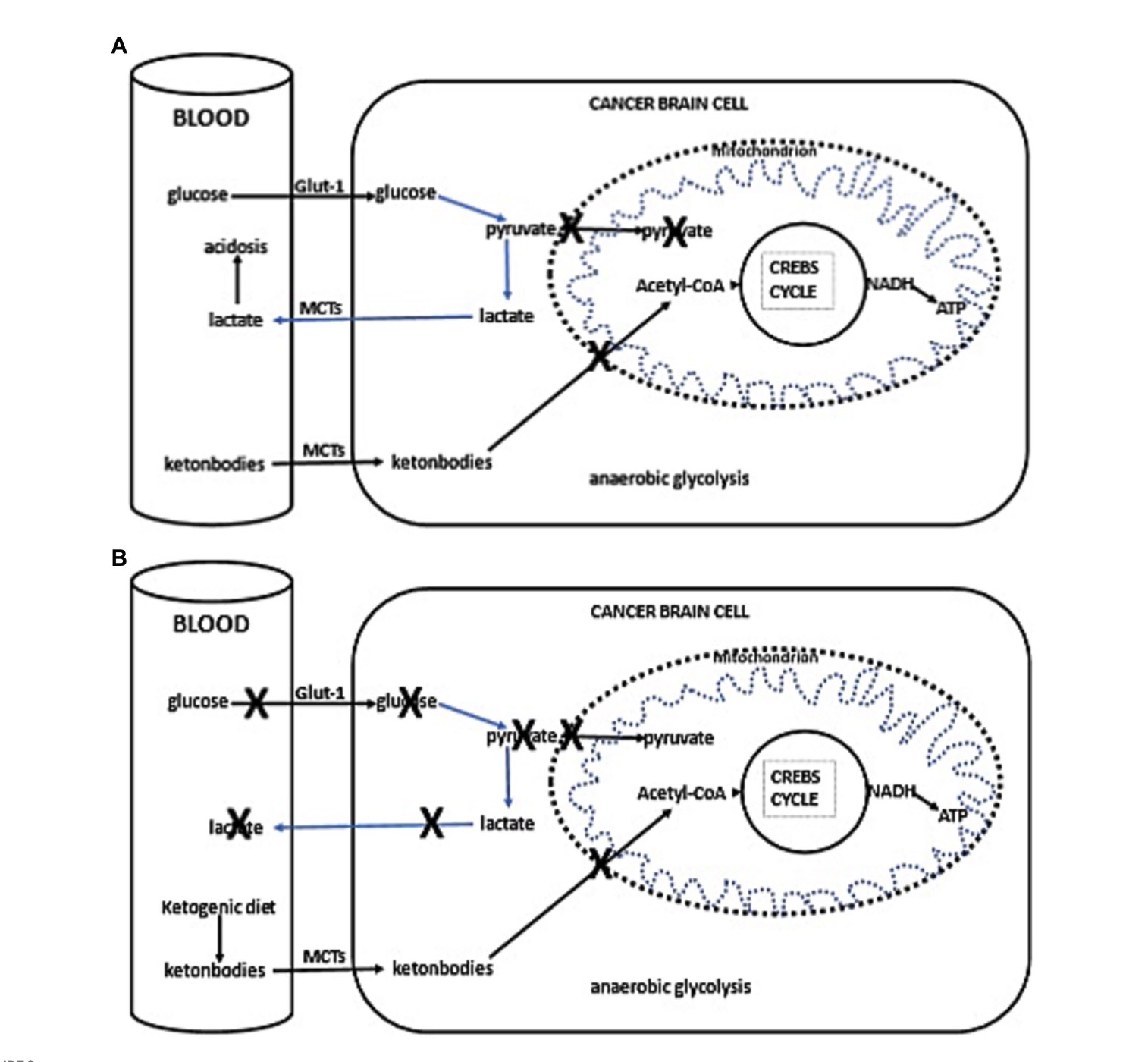
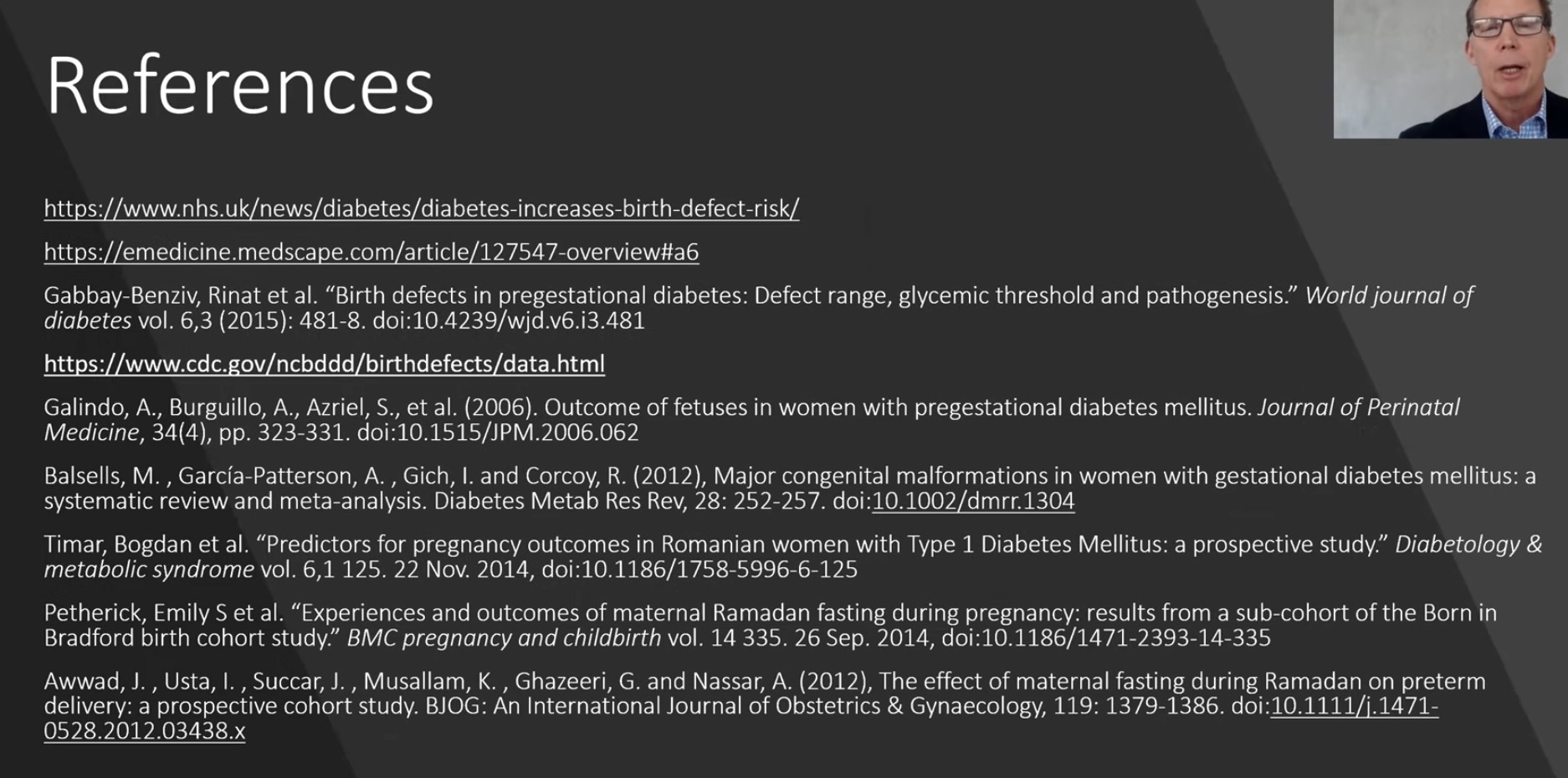
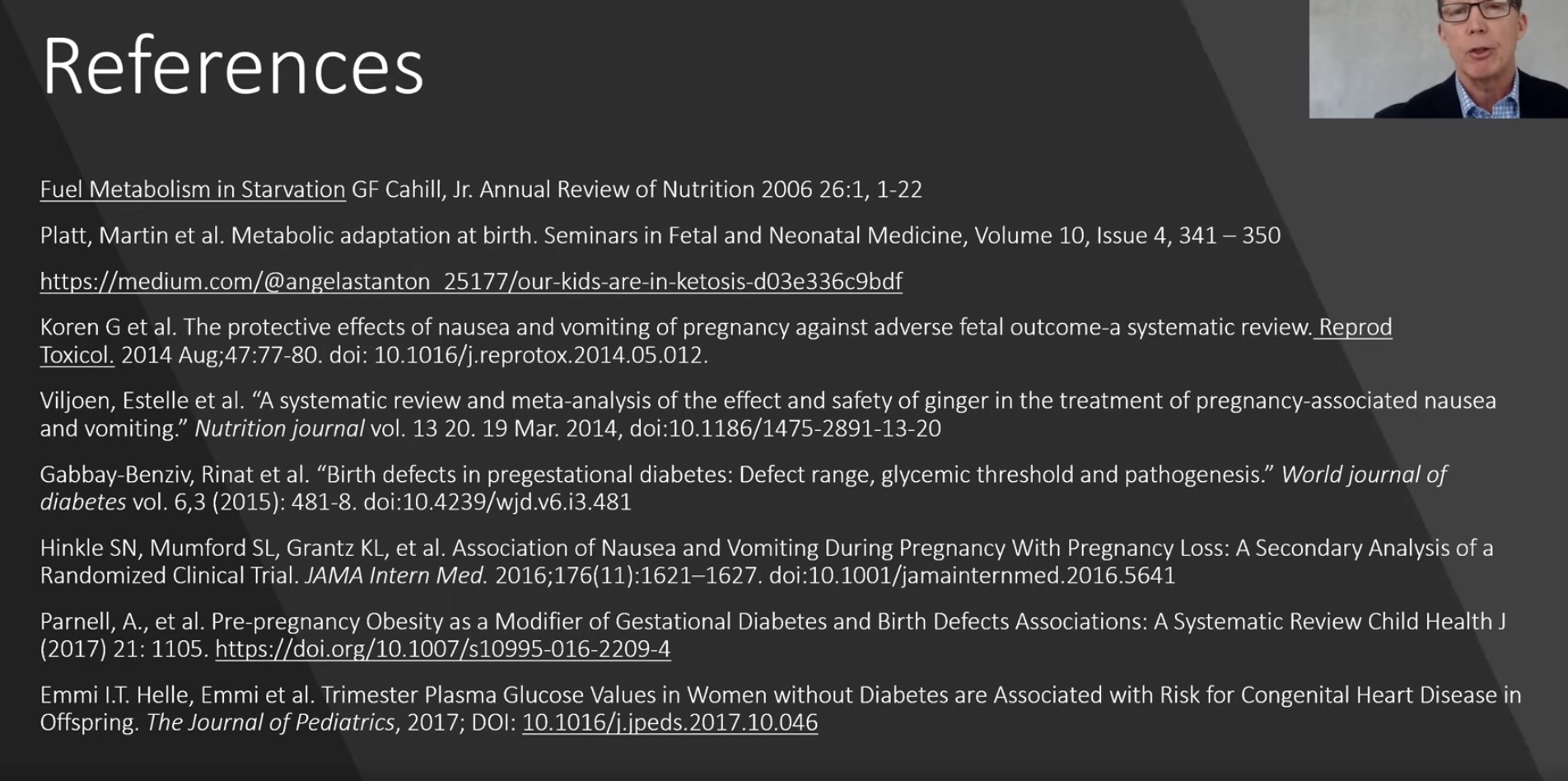
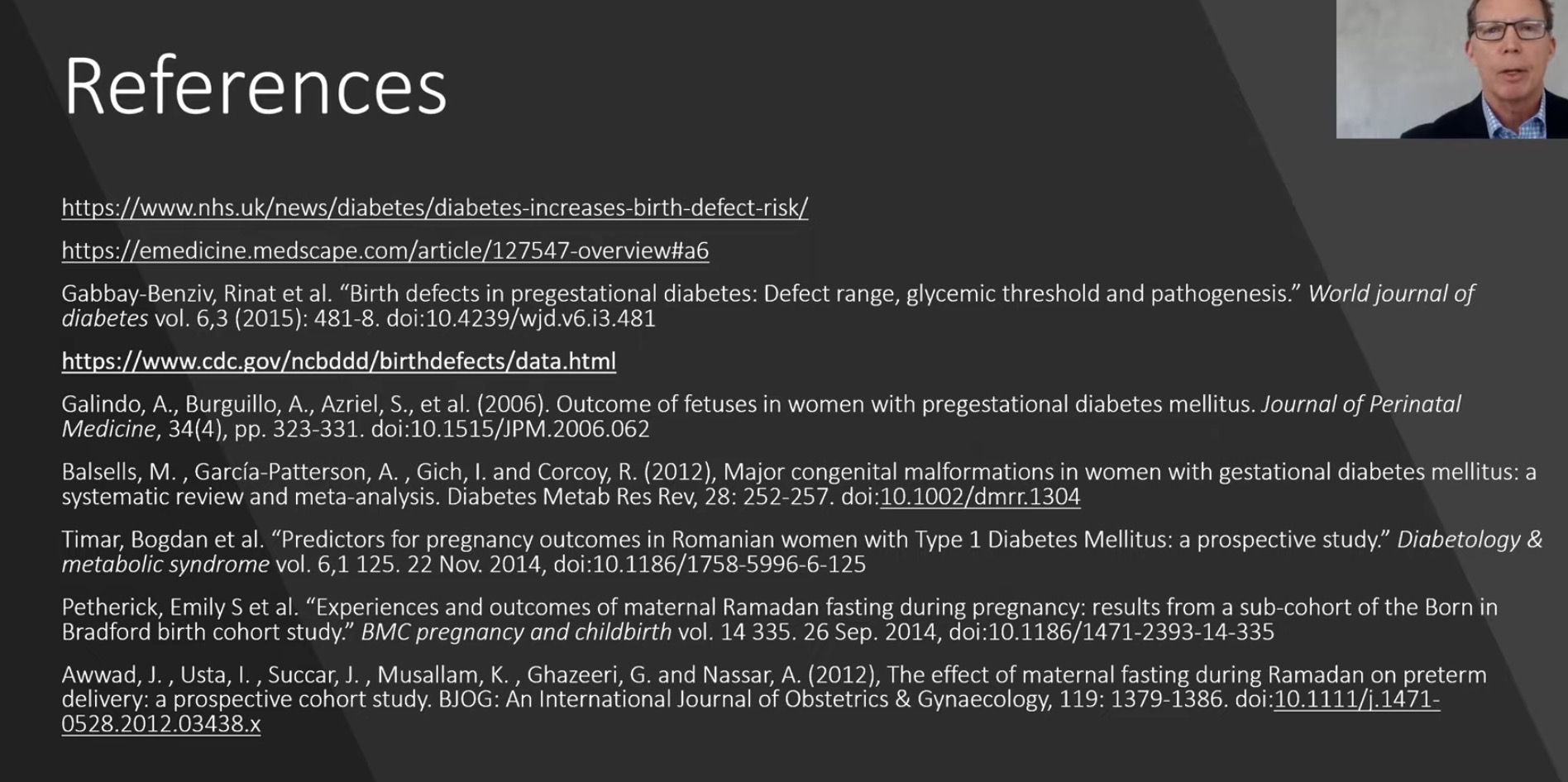

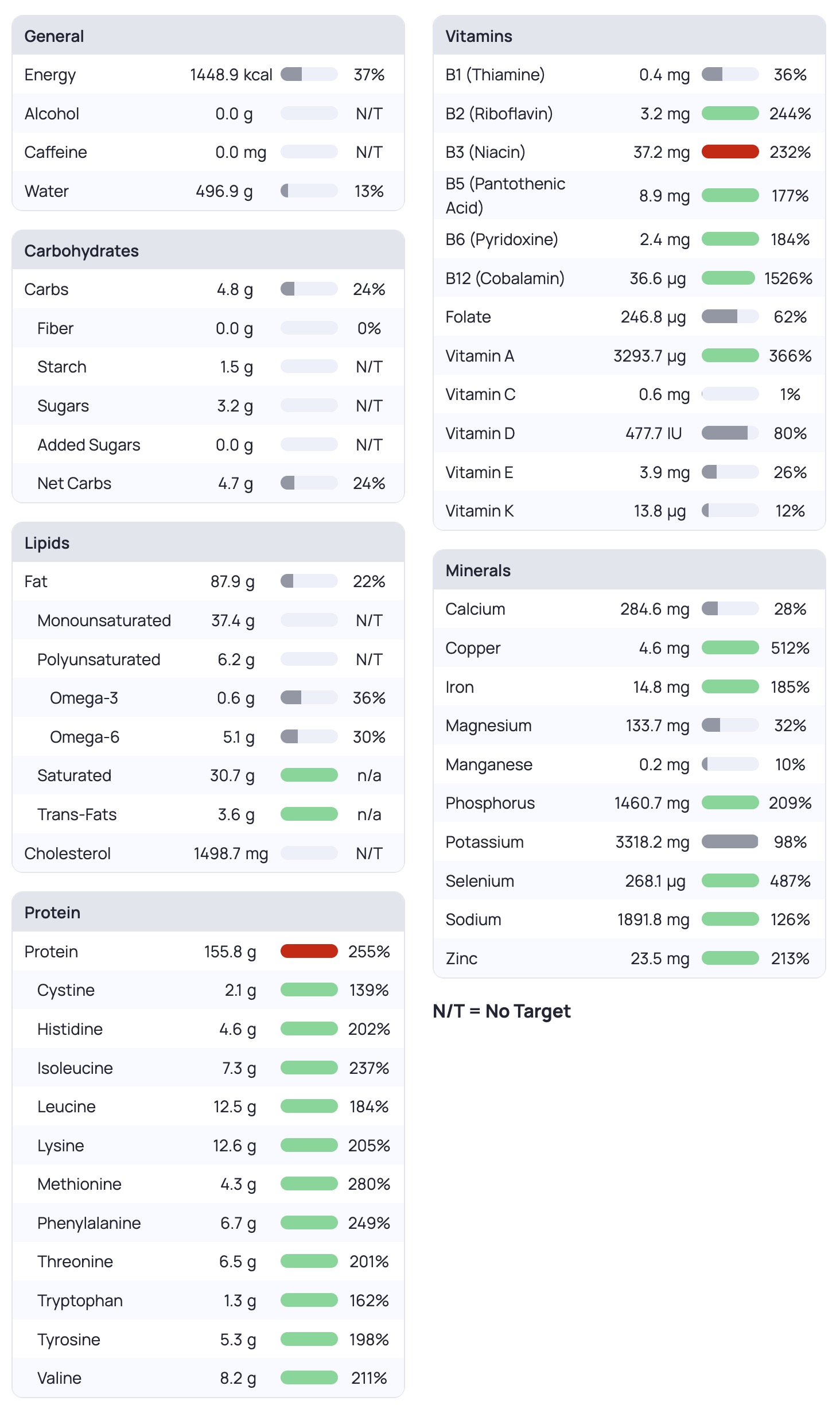
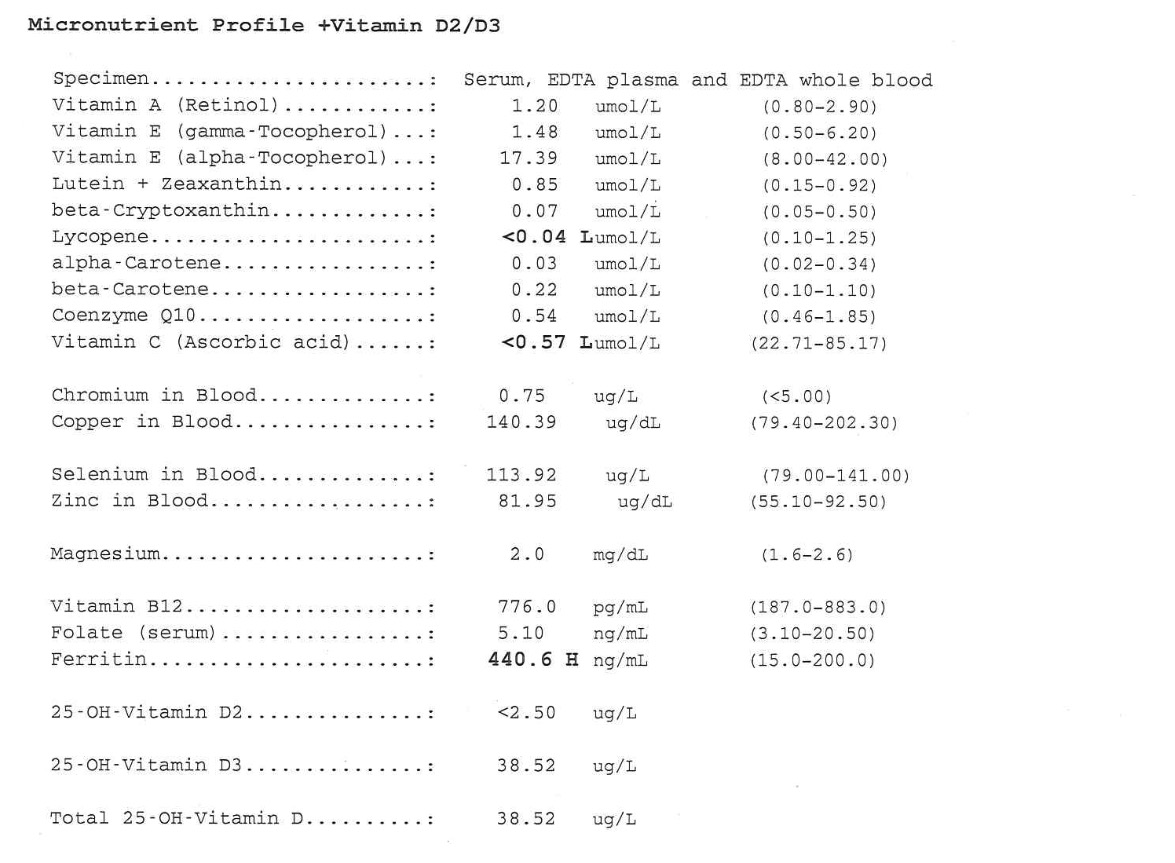

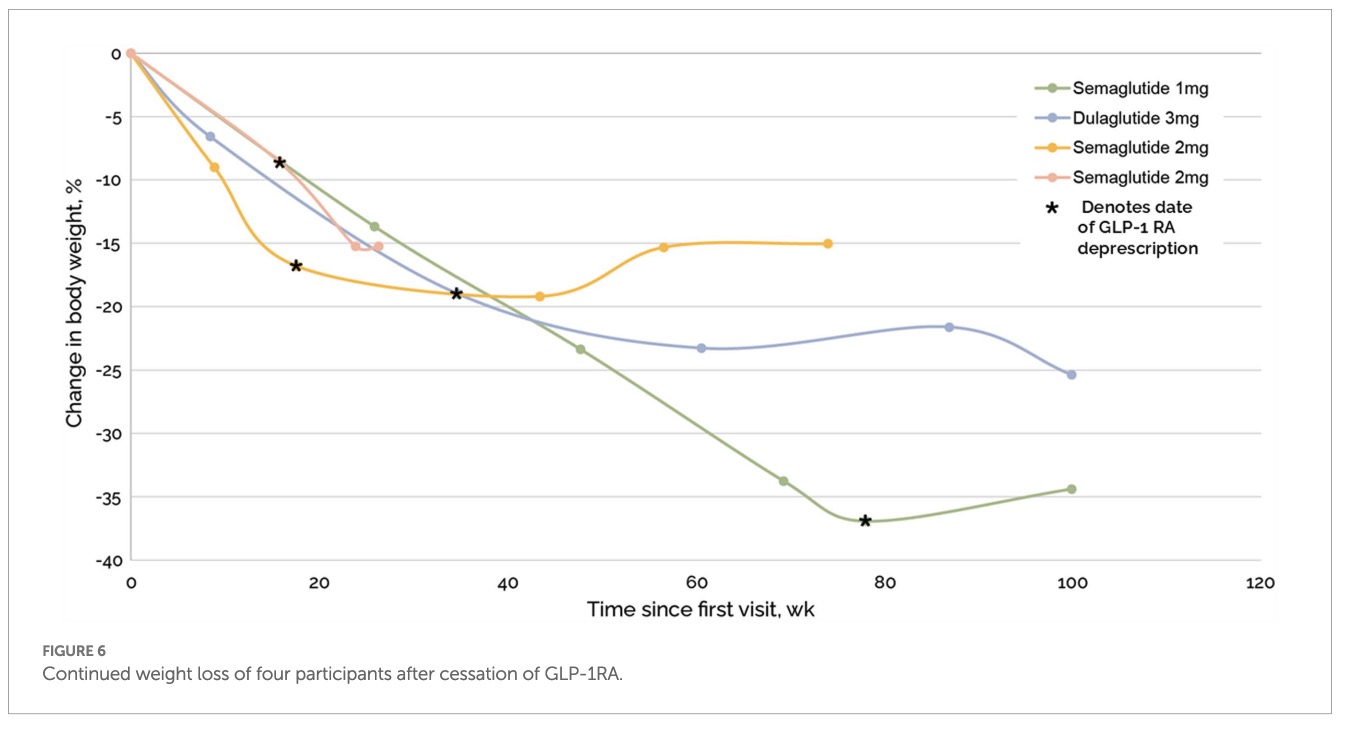
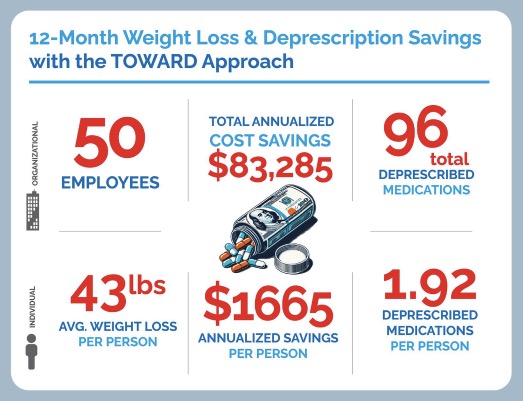
Notes:
^^This sentence has a assumption, incorrect, that the brain preferences glucose. I think this is reversed, in the absence of ketones the brain can use glucose. In people with both ketones and elevated glucose levels in the blood a healthy brain burns ketones at a 70:30 preference.
3.3 Patient 3
This is super interesting, she recovers, quits keto, the GBM comes back, and gets back into keto and has a ECOG of 0.
^^This is just sad
The liver makes glucose, steroids increase glucose levels, etc
Thoughts
This was a dietary ketogenic intervention, I wonder how the outcomes would differ with exogenous ketones? Since compliance with the intervention was so low (33%), could we have seen the other 66% benefit from a ketogenic diet + exogenous ketones? The one patient in the study (patient 5) who took exogenous ketones did suffer a relapse, i would have liked to see their GKI history.
Several of the patients reported constipation when starting the keto diet, probably because they increased fiber consumption. It would be interesting to see the same intervention without fiber. We have other papers indicating full resolution of constipation with the removal of fiber.
The theme amongst the patients is that the lower the GKI, and the better adherence, the better the outcomes and fewer recurrences.